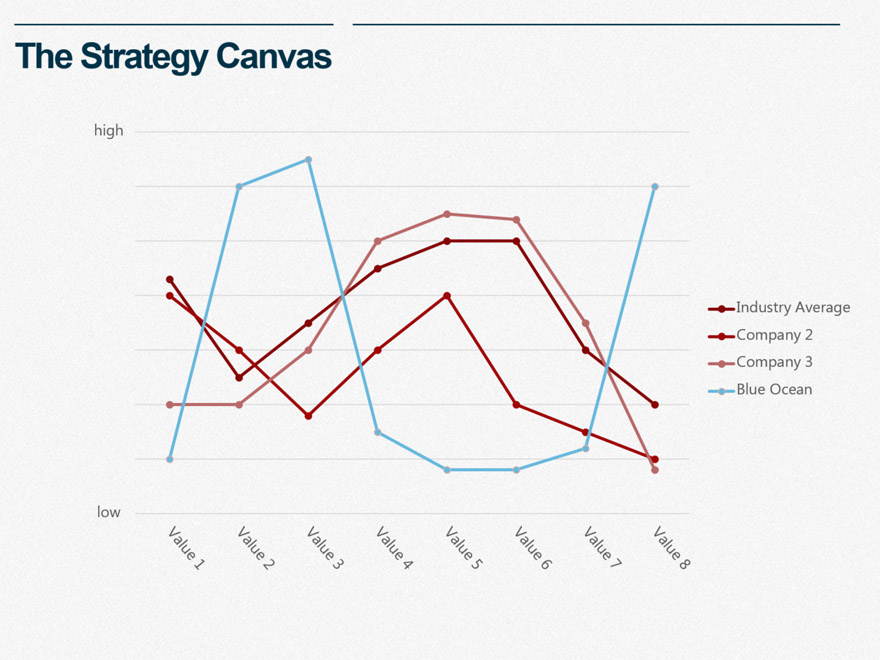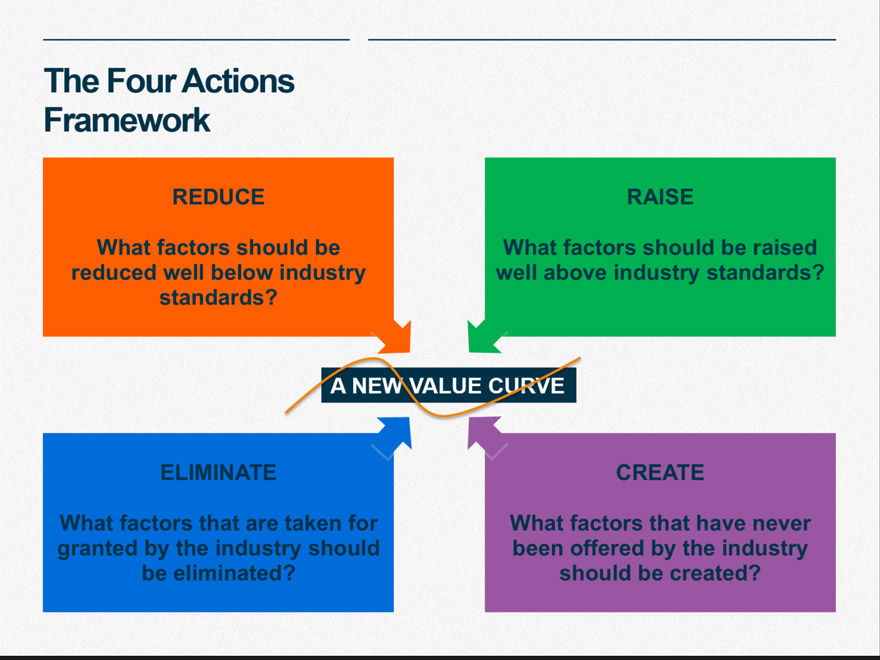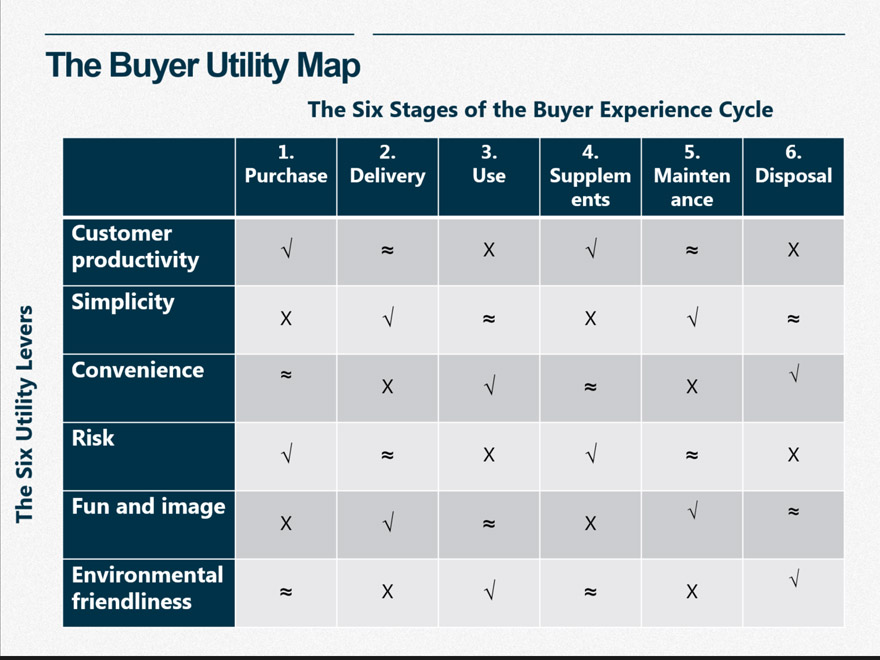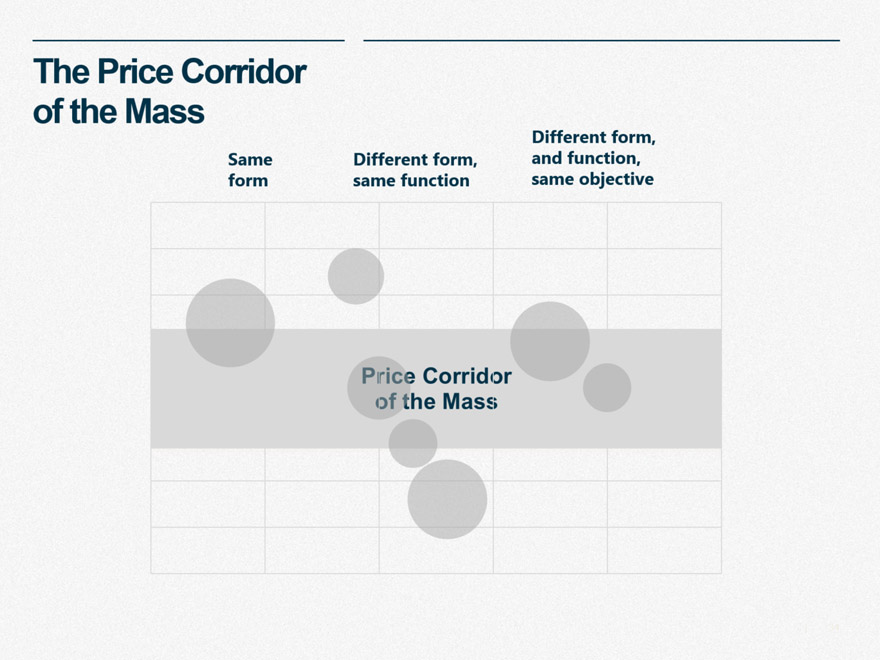November 4, 2017
Blue ocean strategy is the simultaneous pursuit of differentiation and low cost to open up a new market space and create new demand.
I’ve heard about the blue ocean strategy from many people, and at multiple times. And the above description is about as much as I knew about it. Get away from the competition, and make your own (new) market. That sounds very positive, but how is it done?
This is my overview of the schemas from Blue Ocean Strategy by Renée Mauborgne and Chan Kim.
The BLUE Ocean
Where most companies compete is also where most companies are. They are competing against each other for the same attention of the same customers. If this market is a pond, it’s one that is very full. And it’s competitive if companies are fishes, some might even get hurt. The red ocean is the current (know) market.
Where the bulk of the profits are made, is where the least amount of companies are. This is in markets that don’t even exist today, they are unknown. Imagine yourself on an expedition around the world and you find a body of water that no person has ever been on. You’ve found yourself a blue ocean. Here there a no boundaries, rules, or competition.
You can get yourself into a blue market by making a strategic move. There is no ‘blue ocean’ company, but there are products that companies launched (via a strategic move) that swam in a blue ocean for a very long time. There are very few companies that have been able to apply the blue ocean strategy multiple times.
How can you be one of these companies? How can you make a strategic move that leads to a blue ocean?
VALUE Innovation
Value innovation is a dedicated focus on making the competition irrelevant by offering exceptional value to your customers, whilst keeping your own costs down. If you create value without innovation you are probably only providing a little more value for your customers (e.g. the new iPhone). If you create innovation without a direct value for customers you don’t have a market (e.g. Virtual Reality in the ‘80s/now?). If you combine both, you create something people want (e.g. the original iPhone, Tesla Model S, Cirque du Soleil).
Value innovation is the combination of improving your cost structure and providing customer value. You decrease your costs by not doing and minimizing the things that most of your competitors focus on. And you improve the value by doing and raising something your competitors don’t focus on.
Blue Ocean TOOLKIT
To innovate where others are competing you have to know how to identify what is a value innovation. For this purpose, you can use the following tools: The Strategy Canvas, The Four Actions Framework, Six Paths Framework, The Buyer Utility Map, and The Price Corridor of the Mass. Yes, these are quite some tools, so get ready for a short explanation of each one. The tools are sequential and normally the next one builds on the insights of the previous tool.
The Strategy Canvas
Use the strategy canvas to identify where you do things different from your competition. To do this you should identify all the competing factors on which you operate. Some examples are; price, marketing, location, star performers, service. Here is an example of the strategy canvas. Note that you can best use this framework at the beginning (where your line might look like that of the competition) and at the end (when it should look very different).

The Four Actions Framework
Use the Four Actions Framework to identify which things you should eliminate, reduce, raise, and create. You need to know what your unique buying reason (UBR) should be for your customers, in what way are you different from the competition. And what things are the competitors doing that makes no sense (e.g. explaining wine in fancy terms to people who just want to drink something tasty).
The Four Actions Framework helps you to increase your focus, diverge your value curve and define your tagline. You pick one place on which you focus your efforts. You add value to your customers on something that others are not. And you summarize this in your tagline, preferably something that’s catchy.

The Six Paths Framework
Use the Six Paths Framework to redefine where your product is competing. On six dimensions you can ask yourself a new question. Instead of looking at the competition within an industry, ask yourself what you can do with your product in another industry. Instead of looking at a trend and adapting to it, why not create a new trend yourself?
|
Head-to-Head Competition |
Blue Ocean Creation |
| Industry |
Who are my rivals within the industry? |
What other industries can I go to? |
| Strategic group |
Where do I stand within this strategic group? |
Which strategic group can I enter? |
| Buyer group |
How can I better serve my customers? |
Who are other people that I can also serve? |
| Scope of product or service offering |
How can I provide the best value within this industry? |
How can I use other products/services from other industries in my offer? |
| Functional-emotional orientation |
How can I use emotion or function the best? |
How can I use emotion or function in a different way than normal? |
| Time |
How can I adapt to a trend? |
How can I shape a trend? |
The Buyer Utility Map
Use the Buyer Utility Map to identify blocks to providing utility to your customers. In each step of the use of a product (from purchase to disposal) a customer is assessing it on various dimensions. This ranges from their own productivity to the environmental impact of the product. The more places you can check off, the better.

The Price Corridor of the Mass
Use the Price Corridor of the Mass to define at what level you can price your product. In this tool, you can define at what level your competitors (within your market, but also similar markets) price their products. You can then price your product 1) higher, 2) in the middle, or 3) lower. This all depends on how unique your product is. If it’s new but easily copied, maybe price it low to keep competition away. If it’s very difficult to replicate, price it high.
Your price should mainly be defined by ‘target costing’. This means that you use the strategic price (found via the price corridor) and deduct the desired profit margin. What is left is the target cost. By going in the opposite direction from normal pricing, you will be more likely to find novel ways of keeping your costs down (e.g. innovation in price model, partnering, operational innovations, etc).

SUSTAINABLE Blue Oceans
Creating blue oceans is not a static achievement, it’s a strategic process that needs to constantly be updated. The toolkit as presented here is only a start and using it is the only way to create new blue oceans.
In your pursuit of value innovation, there will always be imitators. Their strength and duration before they arrive are highly dependent on how easily they can copy your formula. And when the competition gets near, update your value curve, eliminate, create and stay relevant. There are no permanently excellent companies, but there is a blue ocean strategy that you can follow!




